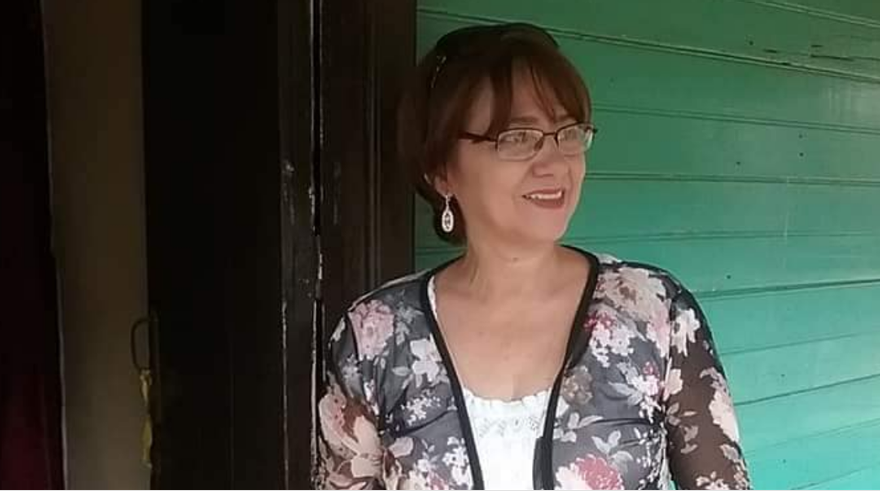
![]() EFE/14ymedio, Havana, 17 June 2022 — This Thursday, Cuban authorities prevented the mothers of three men imprisoned for the July 11 (11J) protests from boarding a flight on the Spanish airline Iberia in Havana bound for Madrid, according to the NGO Cuban Observatory of Human Rights.
EFE/14ymedio, Havana, 17 June 2022 — This Thursday, Cuban authorities prevented the mothers of three men imprisoned for the July 11 (11J) protests from boarding a flight on the Spanish airline Iberia in Havana bound for Madrid, according to the NGO Cuban Observatory of Human Rights.
Liset Fonseca and Marta Perdomo, mothers of Roberto Pérez Fonseca , and of Jorge and Nadir Martín Perdomo, were scheduled to meet with representatives of the European Parliament, the European Union External Action Service (EEAS), and UN Human Rights organizations, in Madrid, Brussels and Geneva.
“As part of the abuse, they allowed them to obtain their boarding pass, in order to eliminate the possibility of a flight change or a refund of the Iberia ticket,” the organization said in a statement.
It also condemned this action as a “clear violation of human rights” by the Government of Cuba.
Fonseca told the Cubanet newspaper that an Immigration official took the documentation from both of them when they had already dispatched their bags and made them wait about 30 minutes before informing them that they could not travel.
“She only told us that we were regulated* and that she didn’t know why,” said the mother, whose youngest son, Alberto Ortega Fonseca, was traveling from Canada – where he lives – and was hoping to meet her in Madrid for the first time in eight years.
“We are exhausted and enduring one more blow. Add to that that the luggage does not appear and they beat us up,” added Fonseca. According to Cubanet, late at night, the two women were still waiting for their bags to be returned.
Roberto Pérez Fonseca, 38 years old, was sentenced to 10 years in prison, for the crimes of contempt, attack, incitement to commit a crime and public disorder, which were charged to him for his participation in the protest in San Jose de Las Lajas.
In the cases of Jorge and Nadir Martín Perdomo, 28 and 37 years old, also imprisoned for the 11J demonstrations in San José de las Lajas, they were sentenced to eight and six years in prison, respectively, both accused of the crimes of “instigation to commit crimes, public disorder, contempt and spread of epidemics.”
“The human rights situation in Cuba is becoming more serious every day. Society is suffocated by so much injustice and lack of future,” added the NGO, based in Spain, posting on its Twitter account.
The Attorney General of the Republic of Cuba (FGR) reported on Monday that so far the courts have issued 76 final sentences against 381 people “who attacked the constitutional order and stability” of the socialist state. The FGR statement indicated that 78% of those sanctioned (297) received sentences of up to 25 years in prison.
Most of the crimes for which they were accused are sedition, sabotage, robbery with force and violence, attack, contempt and public disorder. A total of 36 protesters were convicted of the most serious and sentenced to terms ranging from 5 to 25 years in prison.
Relatives of those convicted and non-governmental organizations have criticized the processes, to which the international press has not had access, alleging lack of guarantees, fabrication of evidence and long sentences.
The NGO Prisoners Defenders points out that at least 842 people were in prison on the island at the end of 2021 for political reasons, mostly for the events of July 11.
*Translator’s note: “Regulated” is the euphemism used by the Cuban government to refer to those who have been forbidden to leave the country.
____________
COLLABORATE WITH OUR WORK: The 14ymedio team is committed to practicing serious journalism that reflects Cuba’s reality in all its depth. Thank you for joining us on this long journey. We invite you to continue supporting us by becoming a member of 14ymedio now. Together we can continue transforming journalism in Cuba.
